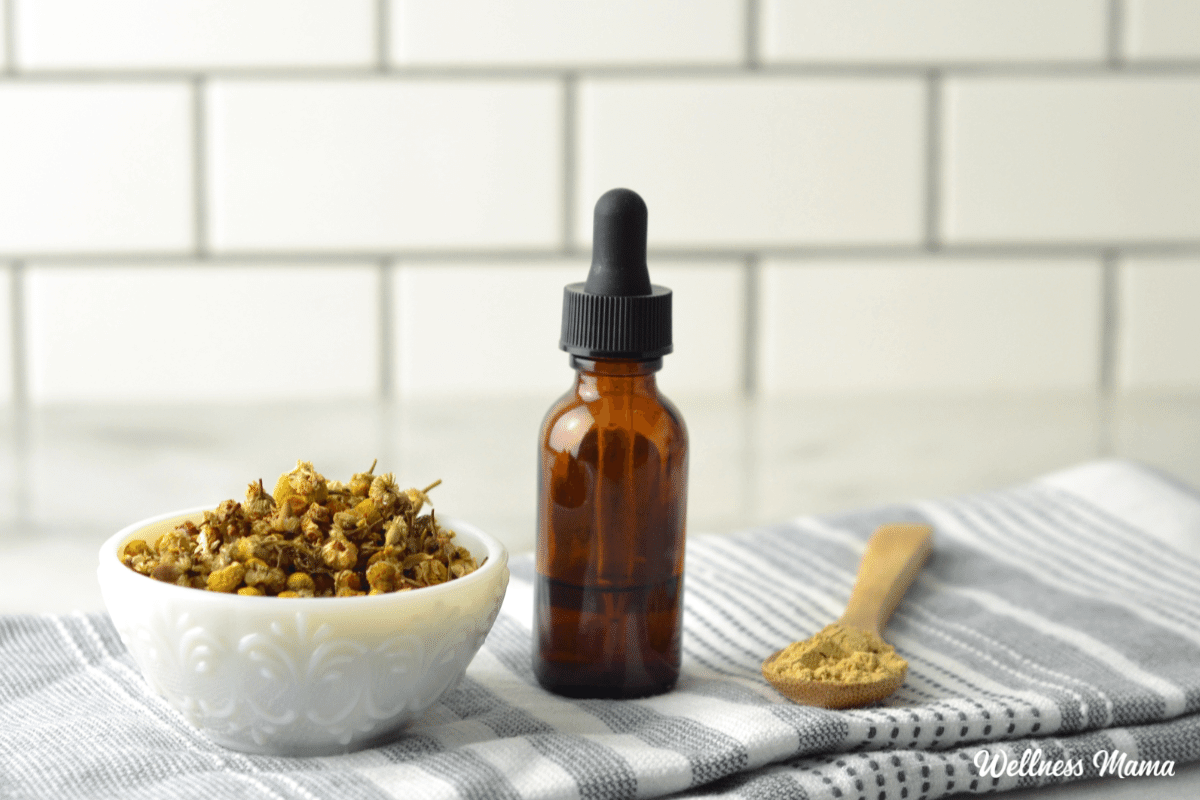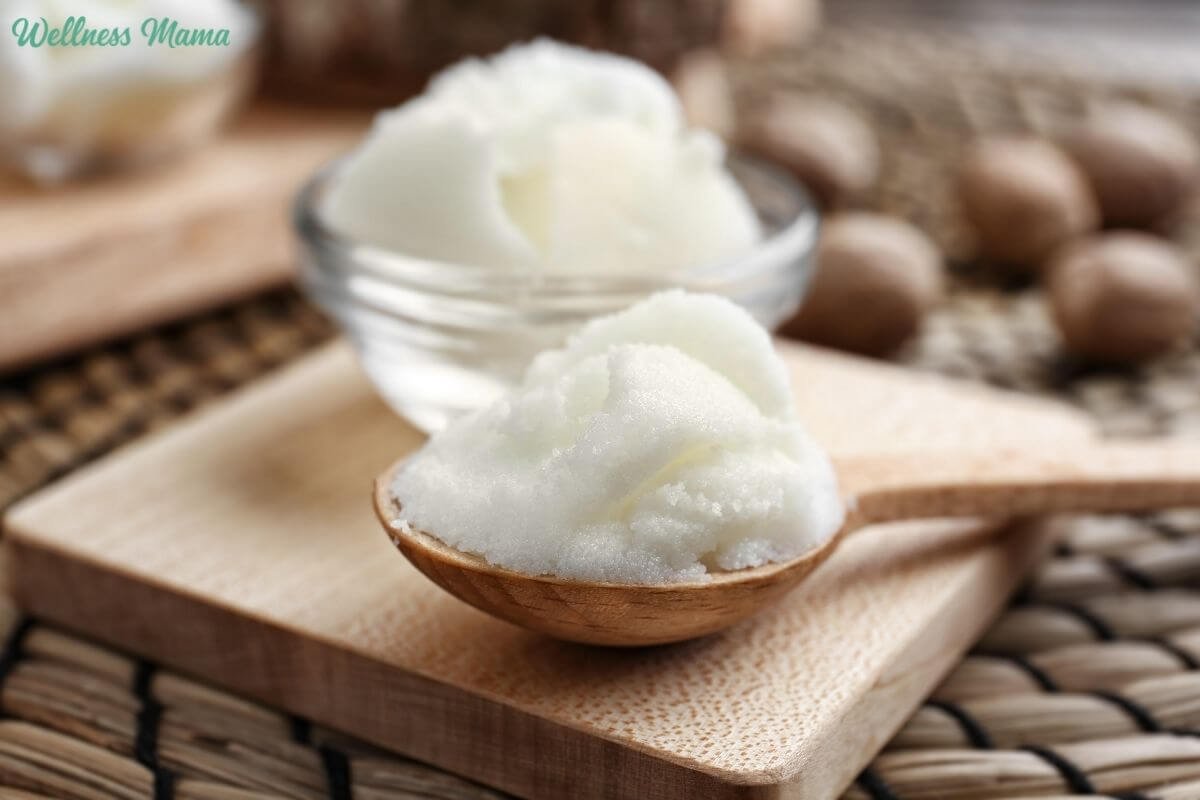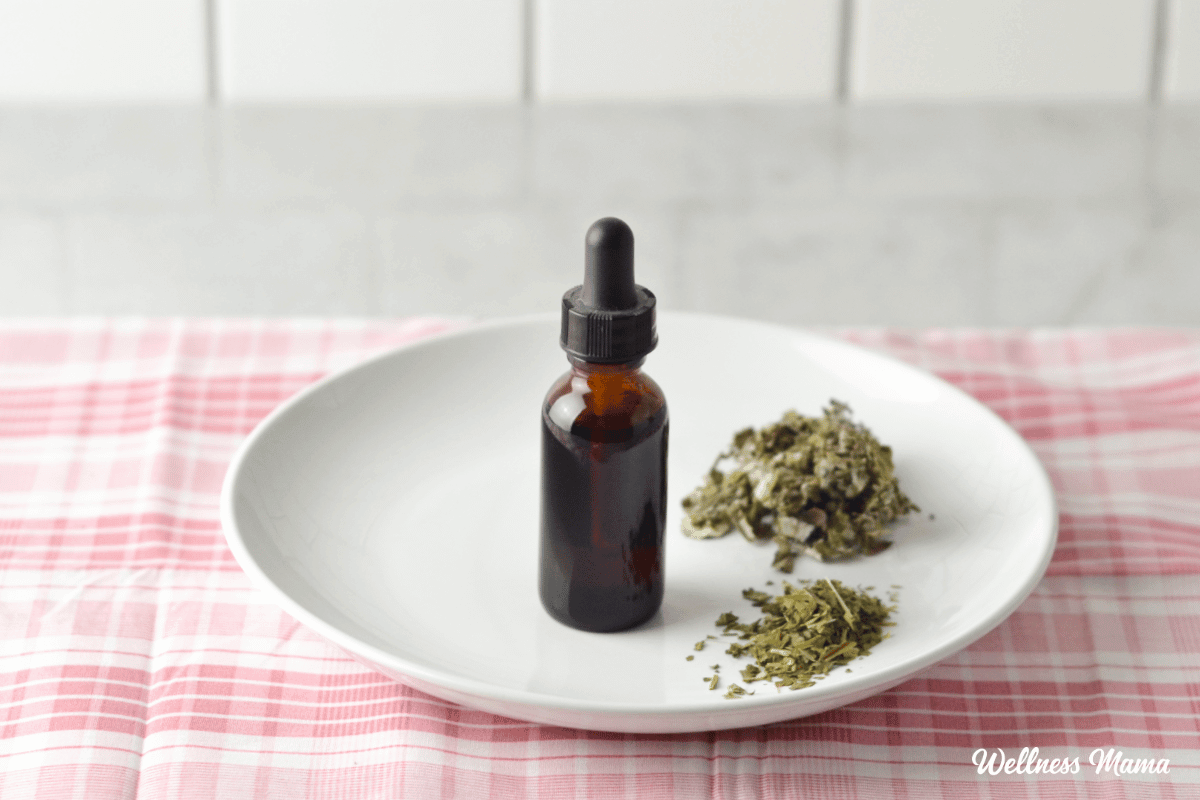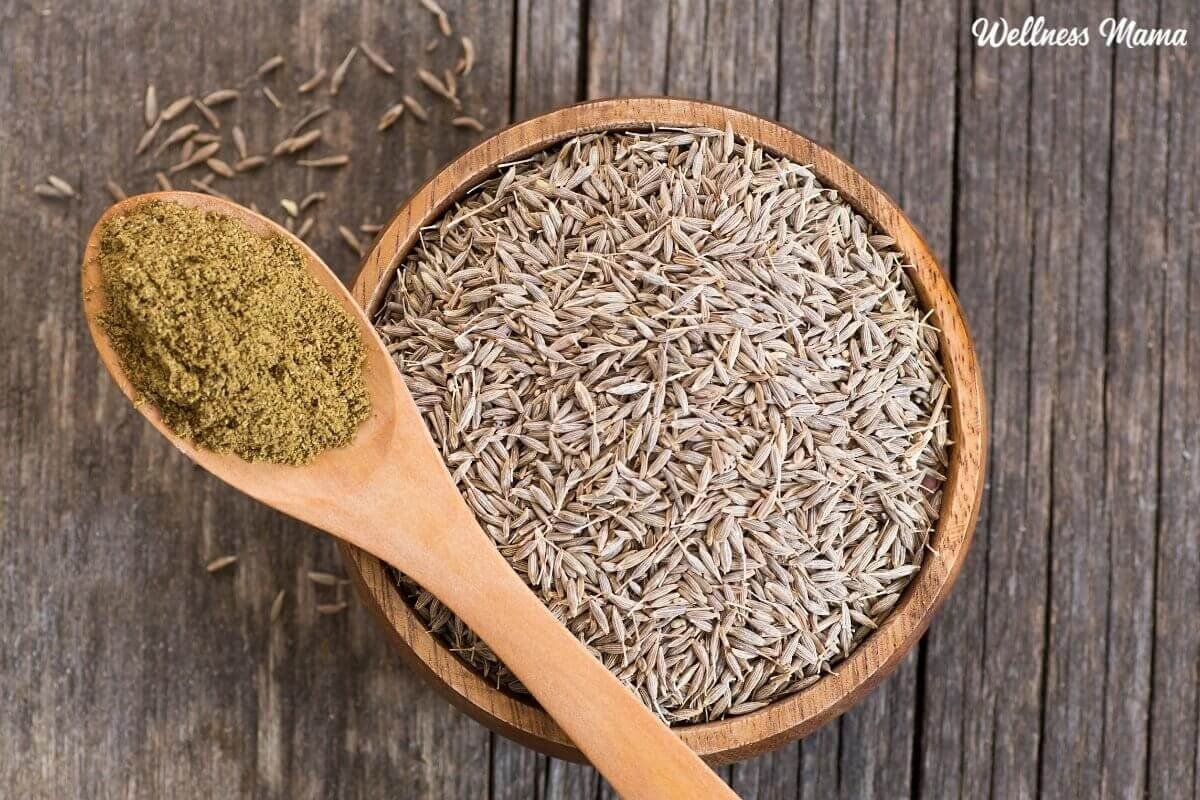There are multiple reasons why diarrhea can occur, and none are enjoyable. In young children and infants, diarrhea can be particularly risky. Here’s a look at its causes and some effective home remedies.
Understanding Diarrhea
It’s normal to have one or two bowel movements daily, but constant trips to the toilet aren’t desirable. Diarrhea involves loose, watery stools and can last from several hours to a few days. Health and Human Services describe chronic diarrhea as having loose stools at least three times a day for four weeks or more.
While constipation involves difficulty in bowel movements, diarrhea is the opposite.
Diarrhea Symptoms
Diarrhea often includes these symptoms:
- Bloating
- Abdominal discomfort
- Upset stomach
- Loose, watery stools
- Frequent restroom visits
- Nausea
- Fever
Causes of Diarrhea
Surprisingly, short-term diarrhea can sometimes be beneficial. It serves as a symptom of an underlying issue. When battling viruses or bacteria due to illness or food poisoning, diarrhea helps flush out toxins. Allowing it to pass naturally for a short time might be beneficial to remove harmful microbes. However, if diarrhea persists, becomes a long-term issue, or is related to a chronic illness, additional measures are necessary.
Reasons for Diarrhea
Typically, the body is trying to eliminate something, such as a foreign microbe. Identifying the cause helps in selecting an appropriate response. Here are common reasons:
Traveler’s Diarrhea
This is a frequent ailment among travelers. Defined by John’s Hopkins as diarrhea occurring within ten days of visiting a place with subpar public hygiene. It’s more prevalent in developing regions like Africa and parts of Asia.
Food Poisoning
Undercooked or raw food, especially animal-derived, may have microorganisms causing digestive issues. Improperly handled food can become contaminated as well.
Stomach Flu
Also termed viral gastroenteritis, this unpleasant affliction can cause vomiting, diarrhea, stomach cramps, body aches, and fever.
Inflammatory Bowel Disease
This involves chronic inflammation of the gut lining and includes Crohn’s disease and Ulcerative Colitis, both potential diarrhea causes.
Irritable Bowel Syndrome
Affects about 10-20% of Americans and can result in diarrhea or constipation. It’s a common cause of chronic diarrhea and GI tract issues.
Antibiotics
Though at times essential, antibiotics may have adverse effects, causing digestive problems and diarrhea. Long-term use may lead to harmful infections like C. diff.
Rotavirus
Rotavirus affects children under 5 and can cause diarrhea. Over recent decades, severe cases have lessened due to advances in anti-diarrheal treatments.
Lactose Intolerance
Sensitivity to dairy products or other intolerances can lead to diarrhea, though gut healing might alleviate this.
FODMAPS
These sugars, including fructose and lactose, may cause digestive problems. Artificial sweeteners are included in this group, and they can be difficult to digest.
Autoimmune Disease
Conditions like Crohn’s disease, rheumatoid arthritis, and Kawasaki disease may include diarrhea as a symptom, with an estimated 23 million Americans affected.
Diarrhea in Infants and Children
Children often face diarrhea for reasons similar to adults, though diseases like Crohn’s are rare in very young ones. Babies have immature digestive systems and may resolve diarrhea on their own, though it can sometimes escalate.
Possible Causes in Children:
- Changes in formula or feeding patterns
- Variations in maternal diet for nursing babies
- Viral or bacterial infections
- Parasites
- Antibiotic use or maternal antibiotic intake during breastfeeding
- Rotavirus or its vaccine, as stated by the CDC
Warning Signs to Monitor
Be vigilant for dehydration or worsening infections in children under 3, as they can rapidly dehydrate. Watch for:
- Dry eyes with little to no tears
- Fewer wet diapers
- Dry mouth
- Lethargy or irritability
- Sunken eyes
Home Treatments for Diarrhea in Young Children
Knowing why diarrhea occurs in children can guide treatment. It often resolves on its own, but ensuring adequate fluid intake is crucial.
Hydration and Electrolytes
Some recommend Pedialyte, though making a homemade solution is also possible. Continue breastfeeding, as it provides antibodies that may help. Supplement with an electrolyte drink between nursing sessions.
Other Supportive Measures:
- Medications: Avoid adult anti-diarrheal medications for babies, as they can induce adverse effects. Consult a healthcare provider if necessary.
- Frequent Changes: Changing diapers regularly can prevent rashes from continuous stool.
- Gentle Foods: If solids are introduced, consider easy-to-digest options like bananas, applesauce, and crackers. Avoid juices, cow milk, and fried foods while providing nourishing broth.
Conventional Remedies for Diarrhea
Many over-the-counter remedies are available, such as Pepto-Bismol and Imodium, though they can have side effects like darkened tongue or tinnitus. Painkillers also have risks like stomach damage.
Dietary Considerations for Diarrhea
Similar recommendations apply to adults. Avoid spiciness, caffeine, high fiber, and difficult-to-digest foods. The BRAT diet (Bananas, Rice, Applesauce, Toast) along with broth is often recommended.
Home Remedies for Adult Diarrhea
Solutions depend on the cause, with specific methods suitable for chronic issues like IBS or Crohn’s.
1. Electrolytes
Replenishing fluids and electrolytes from fluid loss is vital. While popular sports drinks are available, healthier versions can be made at home.
2. Probiotics for Gut Health
During or after antibiotic use, focusing on probiotics can prevent or mitigate diarrhea symptoms by restoring healthy bacteria levels. Fermented foods or probiotic supplements can be helpful.
3. Charcoal and ACV for Food Poisoning
Charcoal is used medically to neutralize toxins and can be taken at the first sign of food poisoning. Diluted apple cider vinegar helps kill illness-causing pathogens.
4. Chamomile
Chamomile tea or oil can soothe the digestive tract. It has been shown to effectively reduce diarrhea in children with minimal side effects.
How to Use Chamomile
- Sip chamomile tea or apply diluted oil on the abdomen.
- Nursing mothers can take it to help infants, or older children can consume brewed tea.
- Chamomile essential oil can be diluted for baby massages.
5. Ginger’s Role in Stomach Health
Ginger is noted for aiding digestive problems and restoring gut health after antibiotic-caused diarrhea. Ginger tea or supplements can provide relief.
6. Moxibustion and Acupressure
An ancient practice involving herbal applications over certain points may relieve symptoms. Acupressure points near the belly button or toes can also be pressed gently.
7. Sumac Tea
With its astringent properties, sumac tones the digestive tissues and fights pathogens. Sumac can be consumed as tea or used in spice form.
8. Digestive Herb Blends
Herbal tinctures with peppermint, ginger, and fennel can relieve nausea and digestive issues, including diarrhea. These are convenient and offer natural relief.
Conclusion on Diarrhea Remedies
Diarrhea, though unpleasant, can be alleviated with various home remedies. Seek medical advice for prolonged or worsening symptoms, especially in children.
What remedies have you found effective for diarrhea? Share your suggestions!

















Leave a Reply